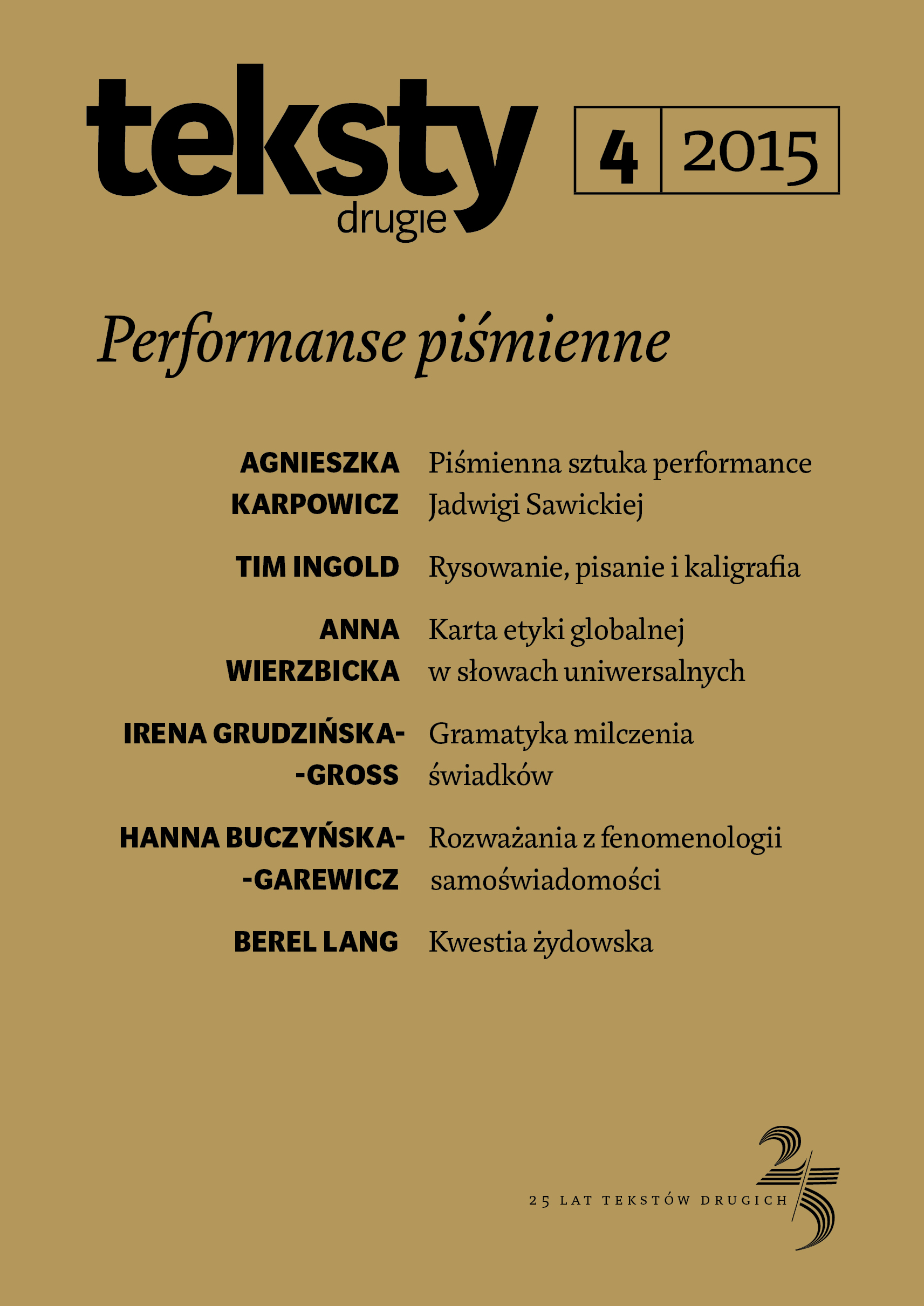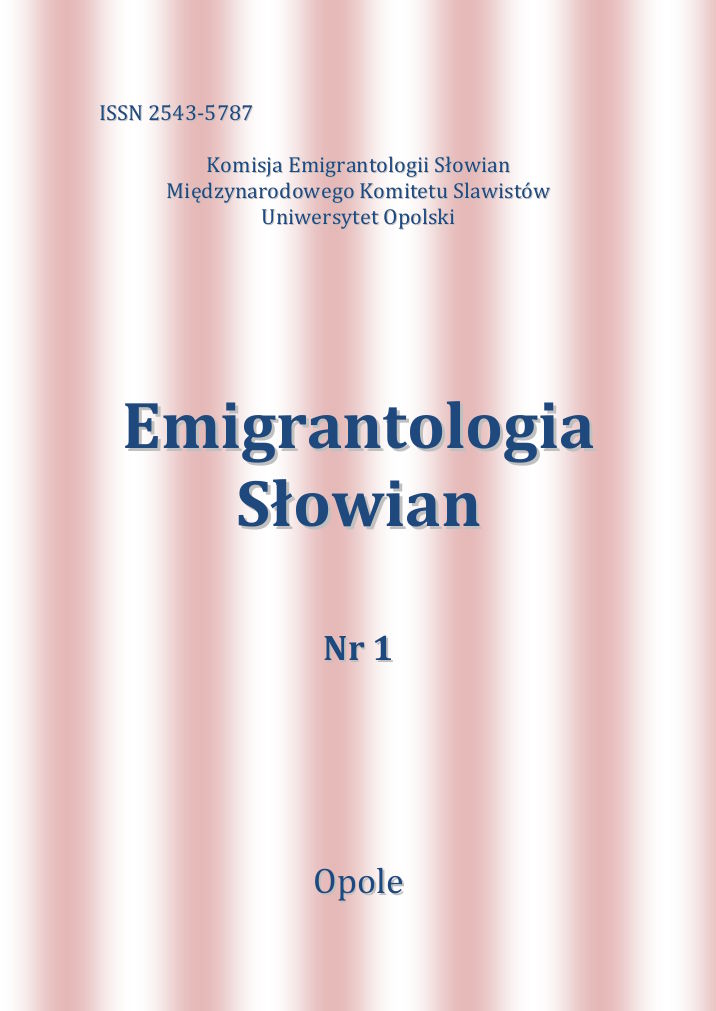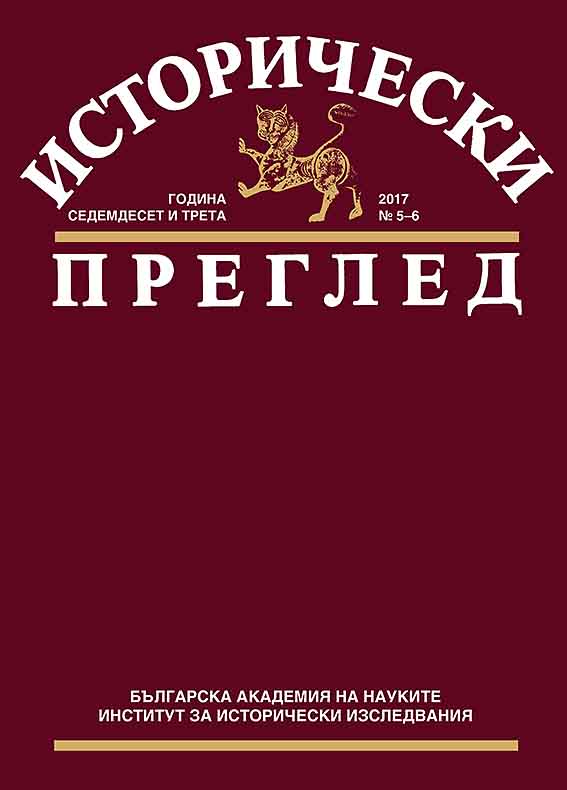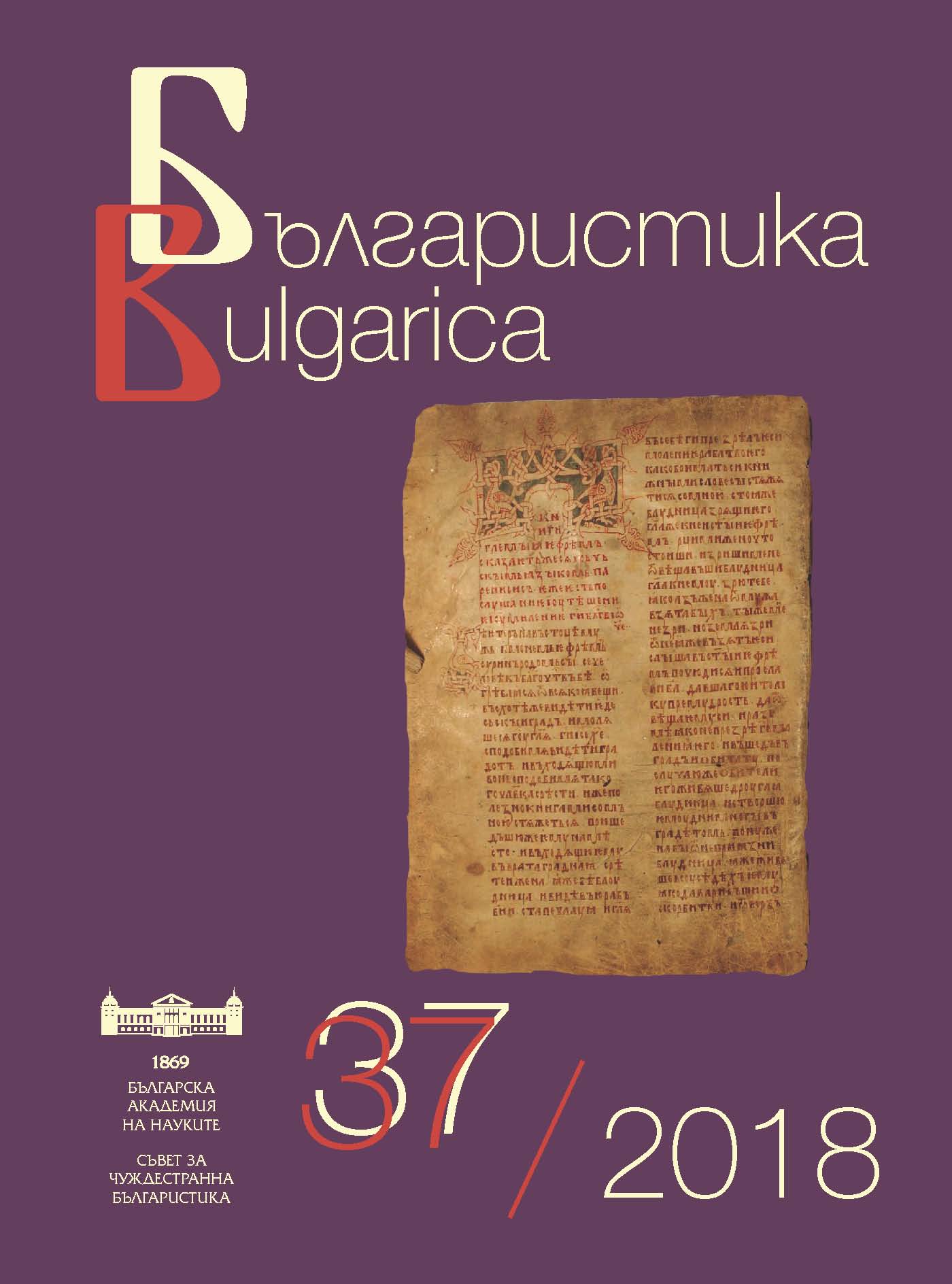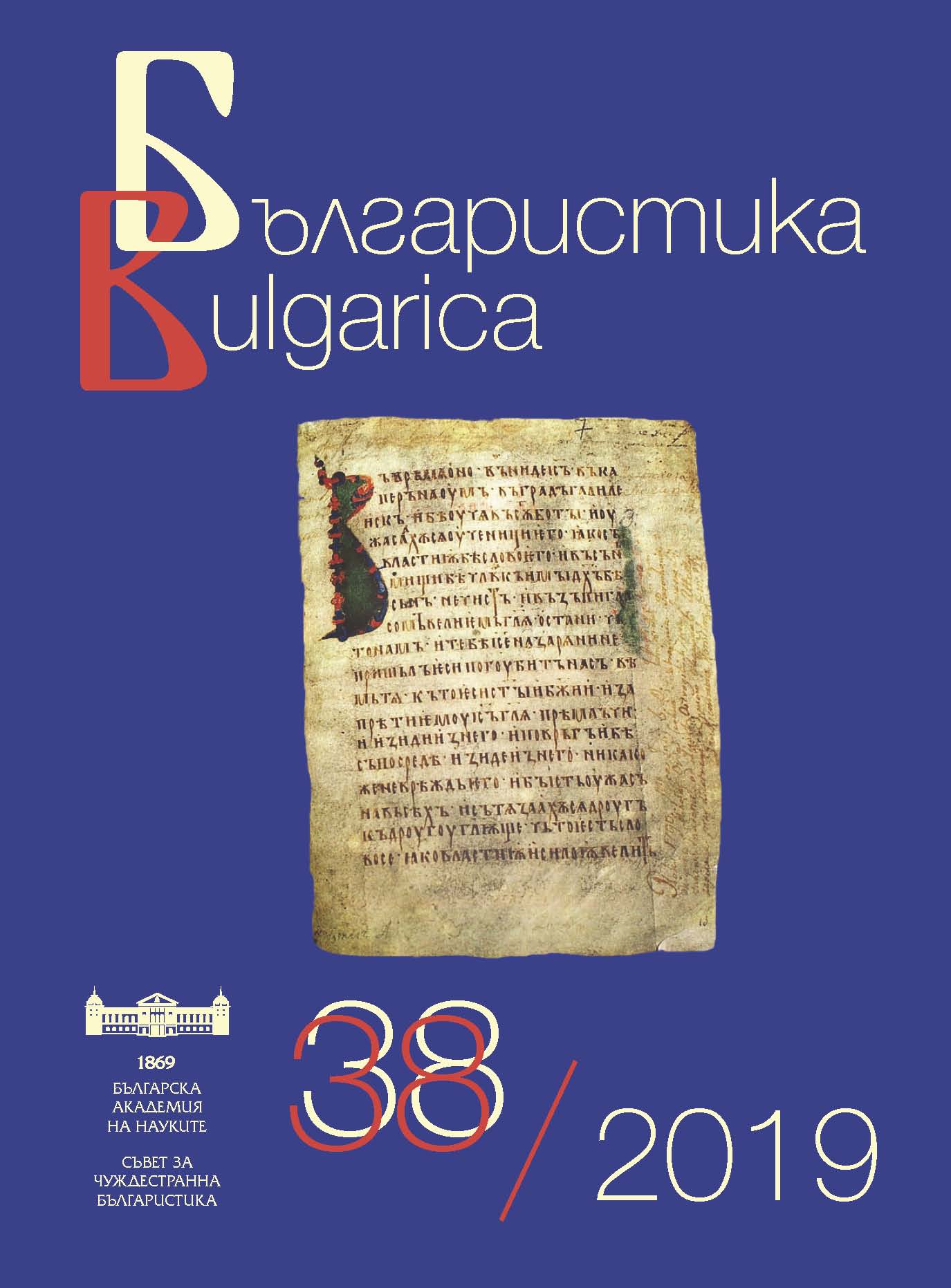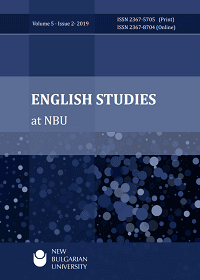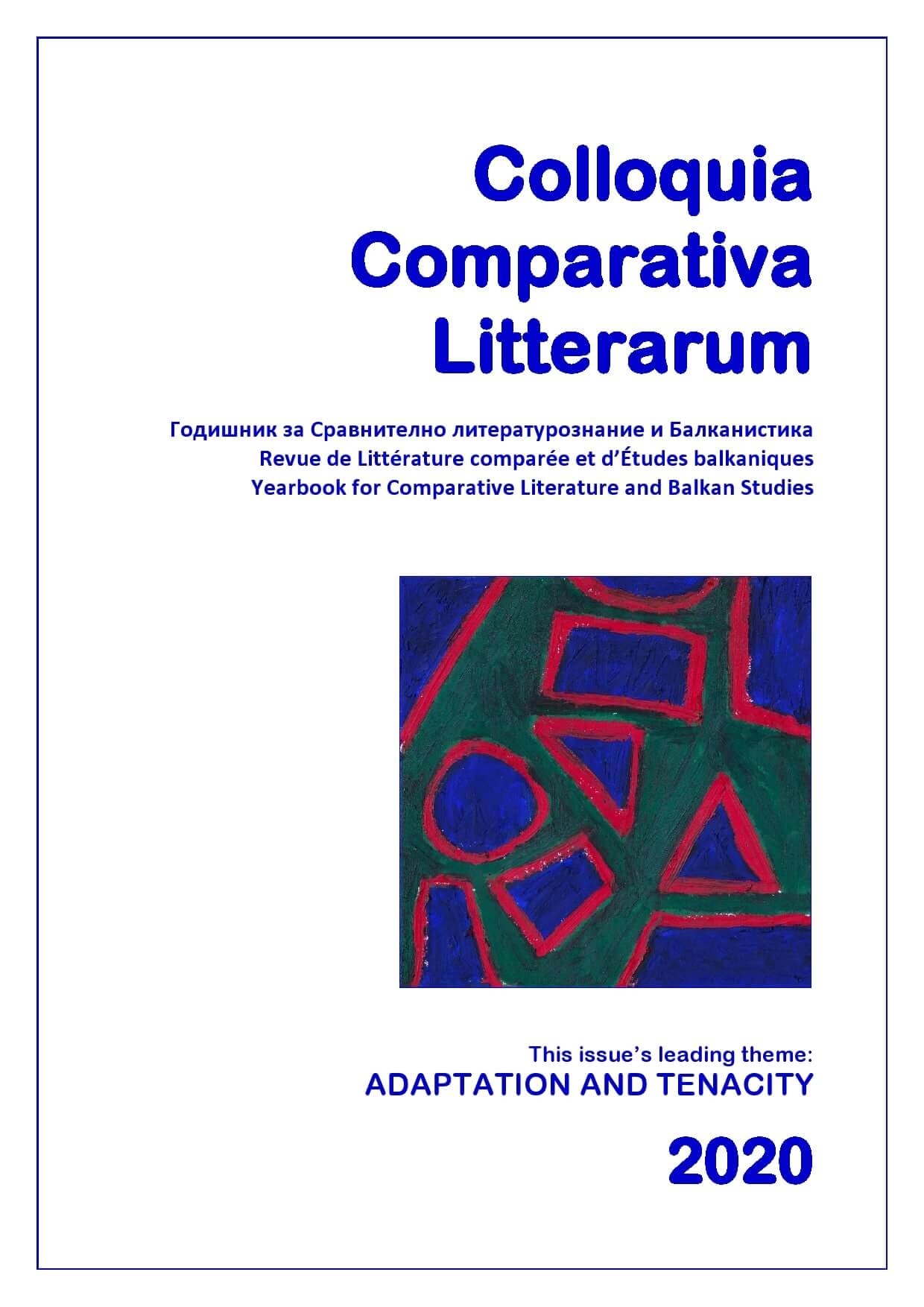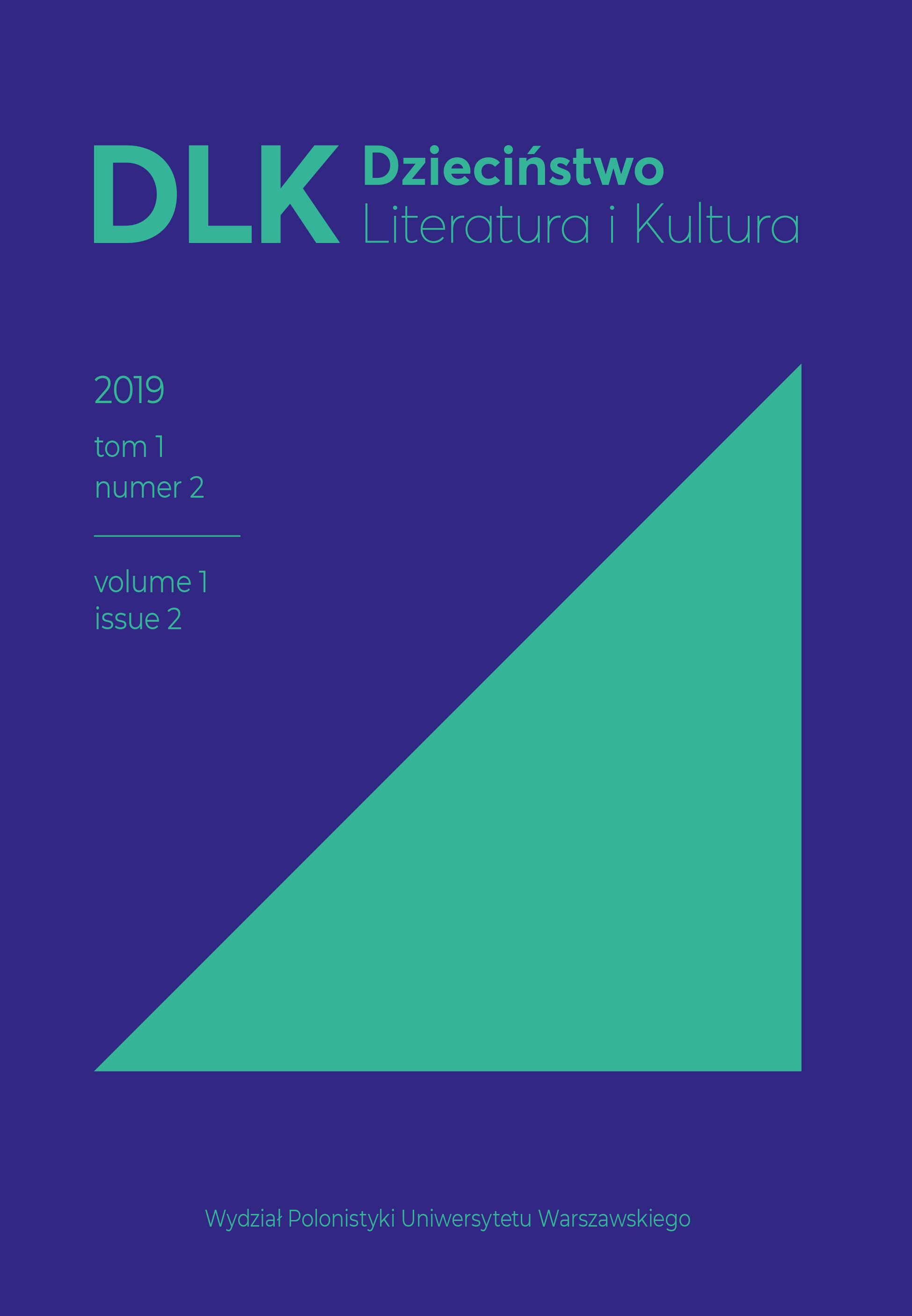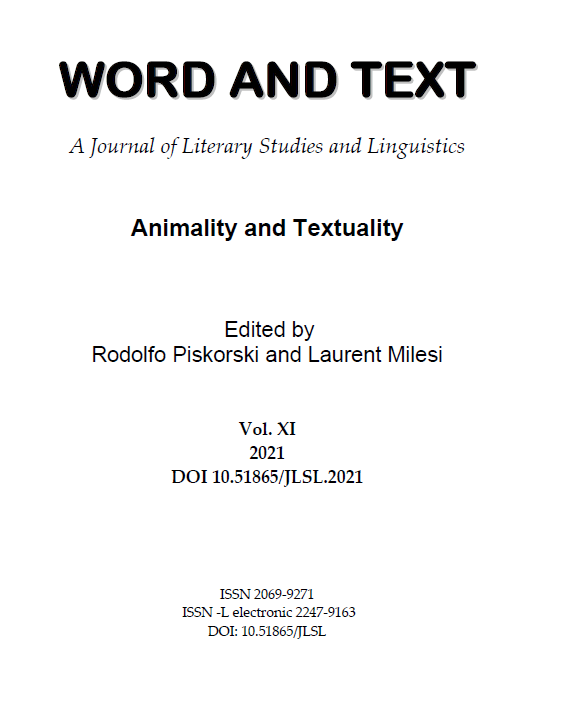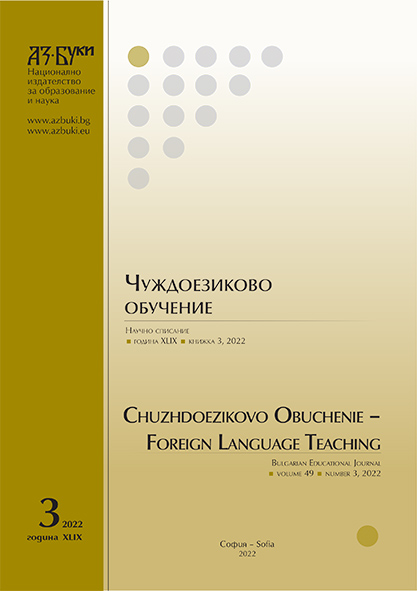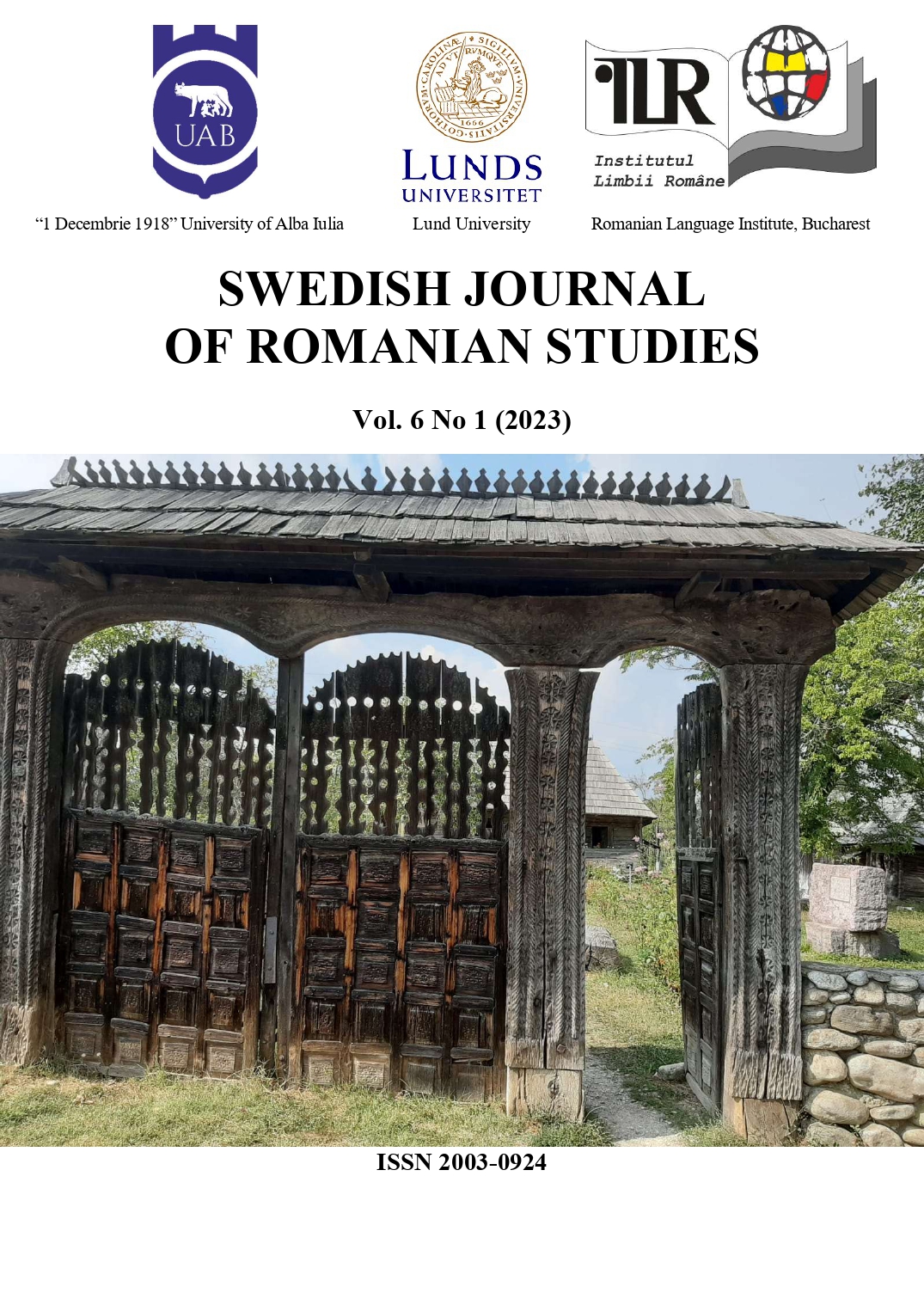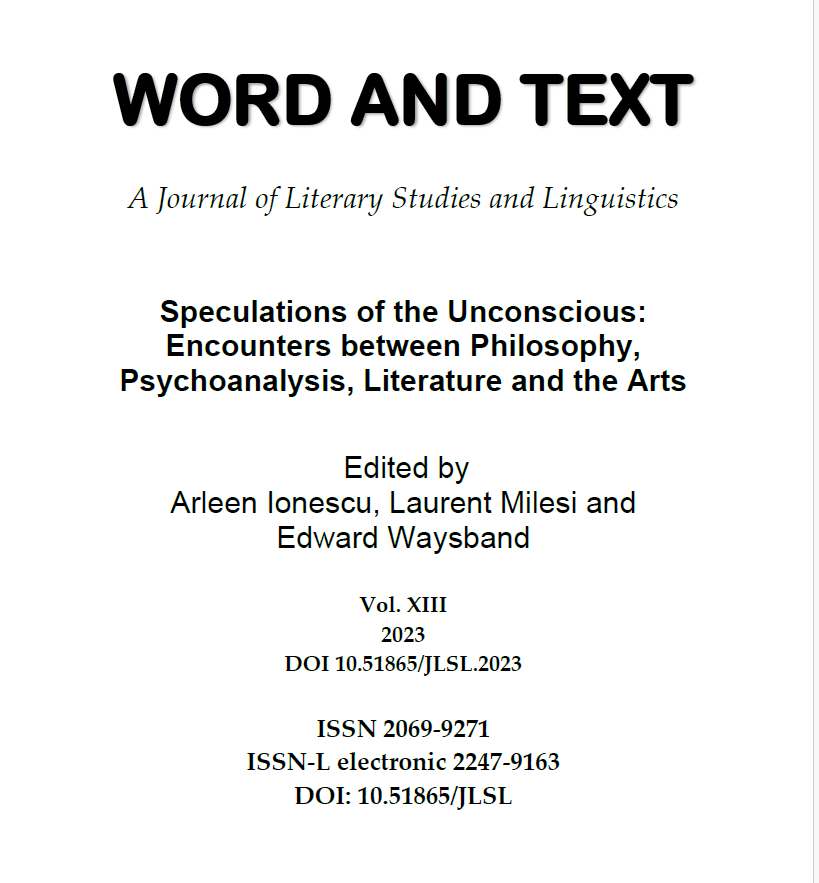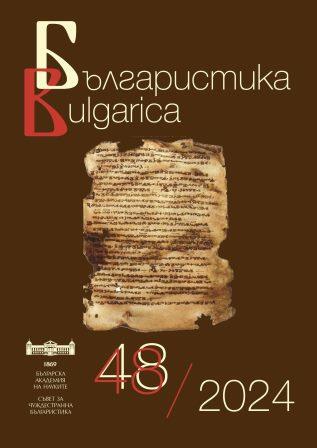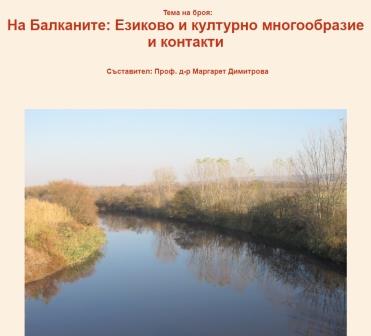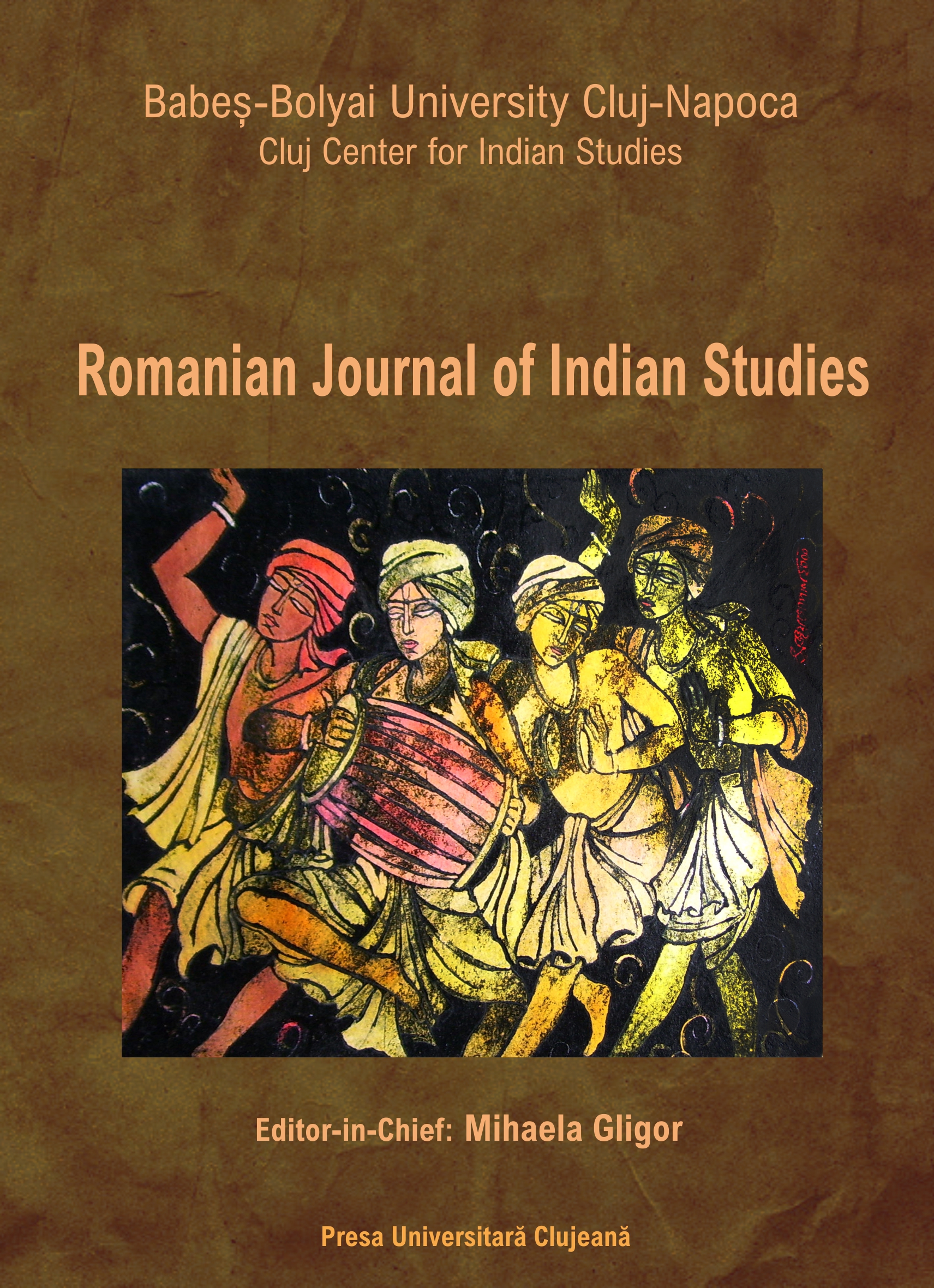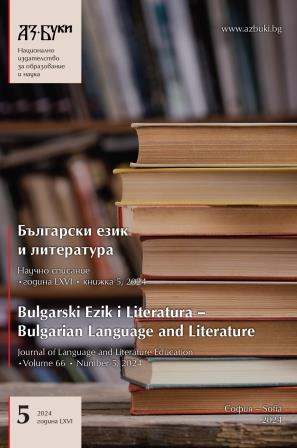Author(s): Antonio Patraş / Language(s): Romanian
Issue: 1/2023
This study analyses the relationship between failure and success from two perspectives: creative psychology and sociology of creation. By starting from Angelo Mitchievici’s recent book, “Farmecul vieților distruse. Câteva reflecții despre ratare” [The Charm of Failed Lives] (2022), which explores one of the favorite themes of decadent literature and art (failure), I aim to highlight the most relevant existential postures in a writer’s life: the anti-bourgeois aristocratic posture (the dandy) and the proletarian-democratic posture (the bohemian). It is not by chance that Mitchievici dwells on the works the Romanian-French writer Emil Cioran, who tried to build an image of a secluded writer, close to anonymity, avoiding to cultivate both the bohemian and the dandy style, by adopting a lifestyle shaped by the cult of work and discipline, in the spirit of the Protestant ethics theorized by Max Weber. Mitchievici explains very convincingly how, once he emigrated to Paris, Cioran completely abandoned the Romanian language, in which he was convinced he was failing as a writer, in order to devote himself exclusively to writing in French, with the idea of conquering global glory. In addition to Cioran, the authors in focus are Francis Scott Fitzgerald, Shakespeare, Voltaire, Flaubert, Dino Buzzatti, Mihail Sadoveanu, Mircea Cărtărescu, etc., which provides the critic with the opportunity to reconnect with his former books (e.g. “Decadență și decadentism în contextul modernității românești și europene”, 2011) and to show a refined and mature essayist’s vein.
More...
